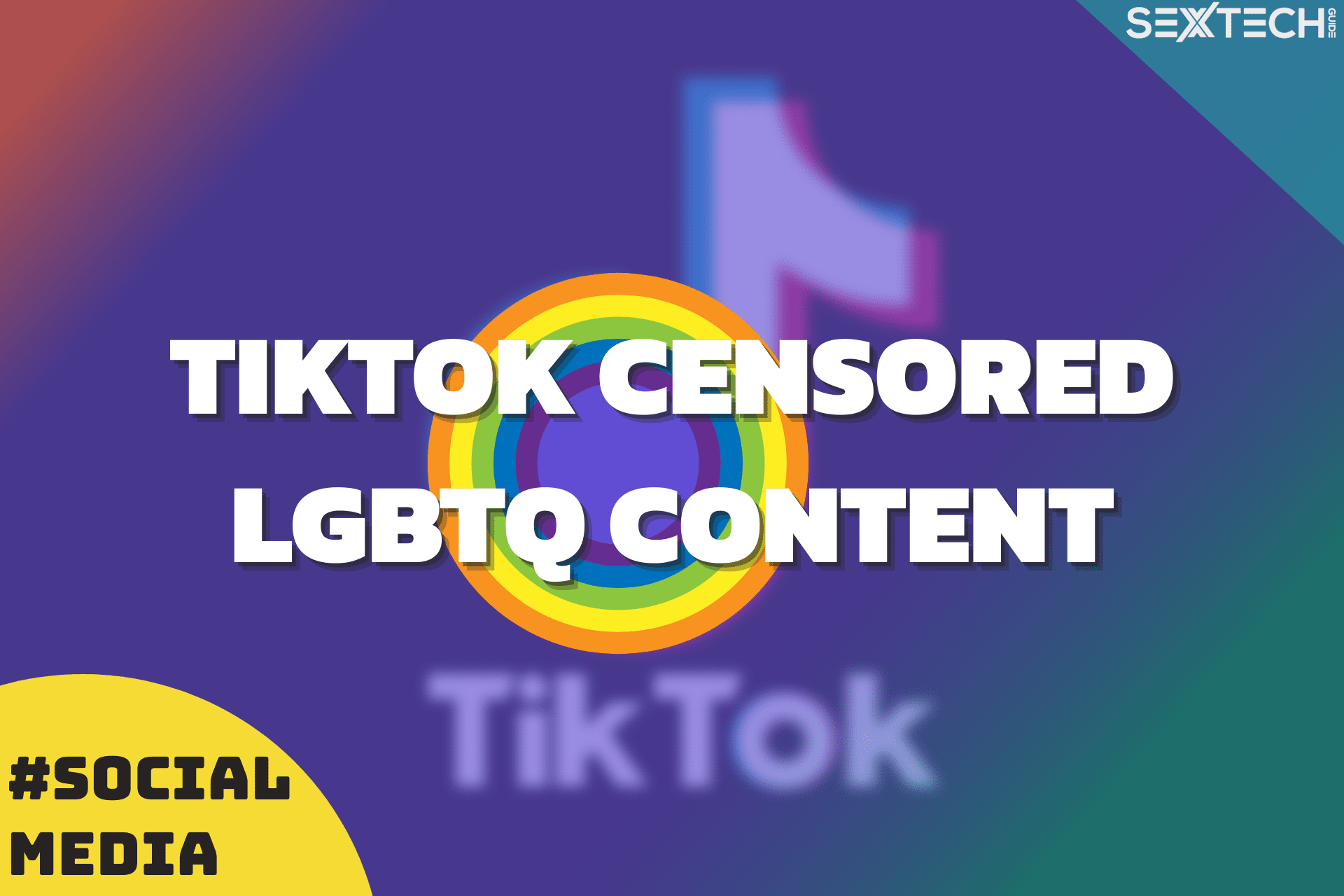TikTok censored LGBTQ-related words in Germany

TikTok’s content-blocking system in Germany censored LGBTQI-related words, as well as phrases deemed sensitive by the Chinese Communist Party (CCP), according to a new report.
The report by Tagesschau found that as well as blocking words on the video-sharing app related to “porn” and “sex”, presumably as part of measures to protect minors using TikTok, the words and initialisms “LGBTQ”, “gay”, “queer” and “homosexual” were censored. The word “transsexual” was partly blocked.
The name “Peng Shui” —the Chinese tennis player human rights groups fear was ‘disappeared’ by the CCP after describing her alleged sexual assault at the hands of a high-ranking CCP official— was also reportedly blocked in Germany. The finding raised further fears that ByteDance, the Chinese company that owns TikTok, was once again censoring content to help cover up human rights abuses by the Chinese government.
In 2019, a TikTok post by a teenager denouncing the CCP’s internment of over a million Muslim Uyghurs in China’s Xinjiang province, where human rights groups say a cultural genocide is taking place, was censored. The video, which went viral, was later reinstated.
ByteDance runs a separate version of TikTok in China (called Douyin) than the one operating outside the country’s borders. On Douyin topics such as the CCP’s alleged Xinjiang atrocities, plus the government’s 1989 massacre of protestors on Beijing’s Tiananmen Square, are censored. The non-Chinese version of TikTok is blocked in China as part of the government’s ‘great firewall’ measures to control information.
“Terms associated with the LGBTQI community were disproportionately affected by the ban”
Catharina Felke, Tagesschau reporter Circumvent Big Tech's Censorship! Never miss another post!
Subscribe to our notifications!Article continues below
TikTok claimed that rather than doing the CCP’s bidding with regard to Peng Shui in Germany, her name had been blocked because it contained the letters “Hua”, an offensive term for sex workers in Germany.
Following the findings in Germany, TikTok chiefs also told German public broadcasters: “We have set up mechanisms to automatically filter out potentially harmful comments. We are aware that this procedure was not targeted in this case and we are working at full speed to revise our procedure.”
The Tagesschau report also found that the word Auschwitz was blocked on TikTok in Germany.
Reporter Catharina Felke, who worked on the report, told DW: “Terms associated with the LGBTQI community were disproportionately affected by the ban, but at the same time TikTok has been very vocal about supporting LGBTQI creators.”
She added: “They also started an initiative with the Holocaust memorial to educate the public about this issue, however they are banning words such as Auschwitz, which of course makes it difficult to even have a discussion about it.”
In March 2022, TikTok banned Russian users form uploading new content to TikTok in response to the country’s invasion of Ukraine. Russian users found that they were not able to view content produced outside of Russia, leading to accusations that TikTok’s move was buttressing Russian authorities’ internal war propaganda campaign.
Read Next: TikTok moderator says ‘millions’ of explicit videos are submitted on the app






